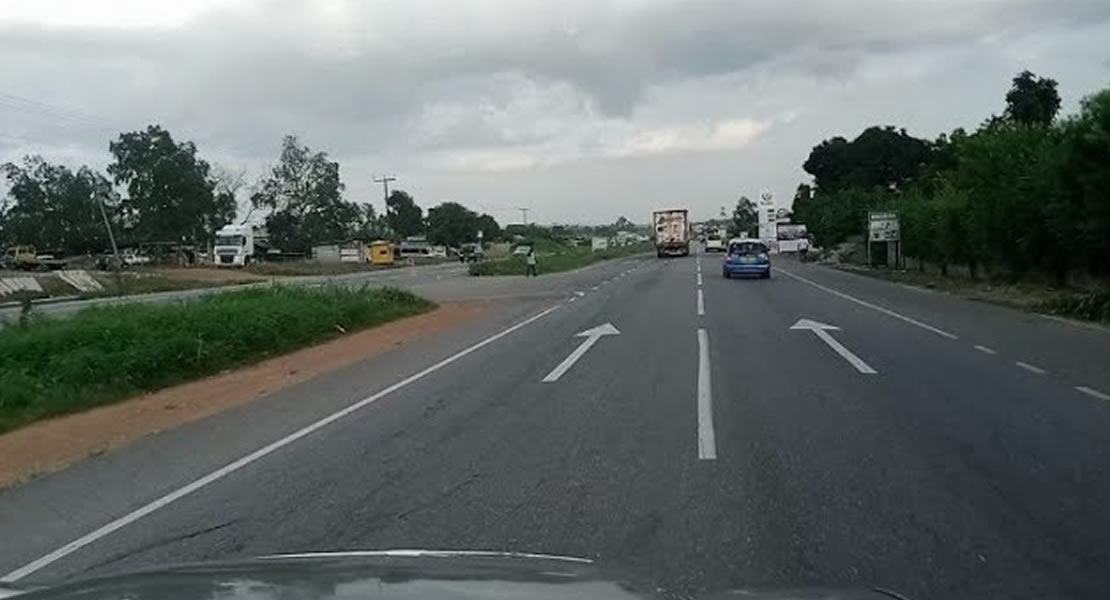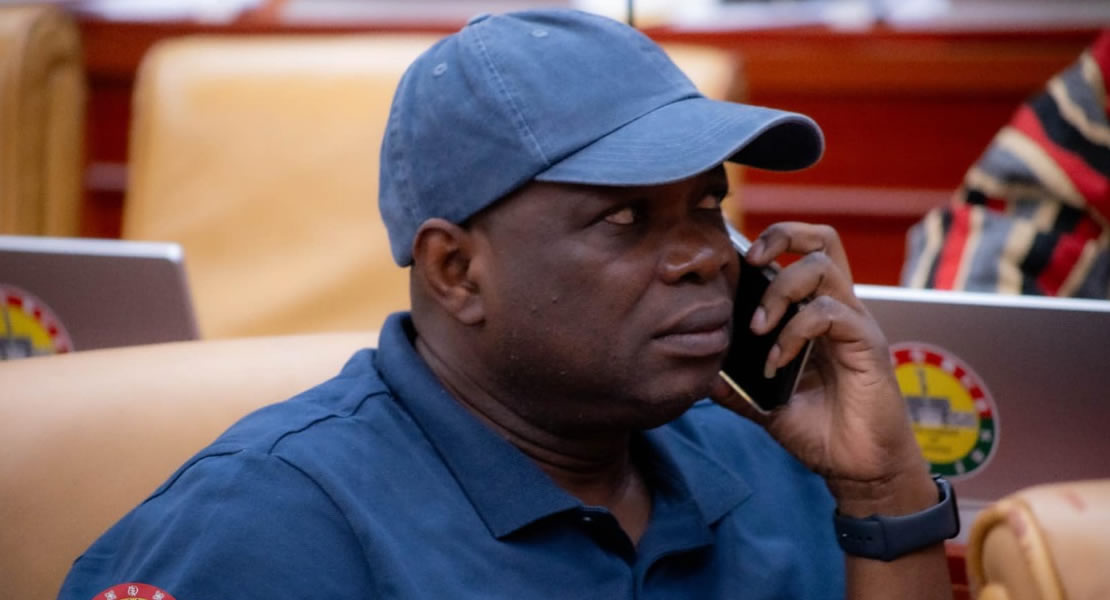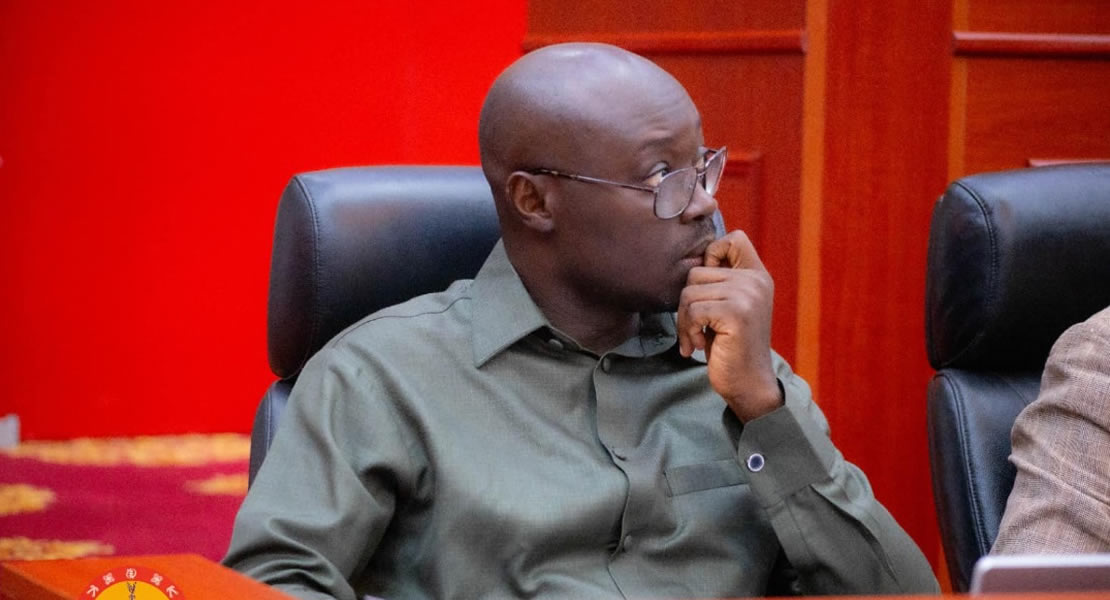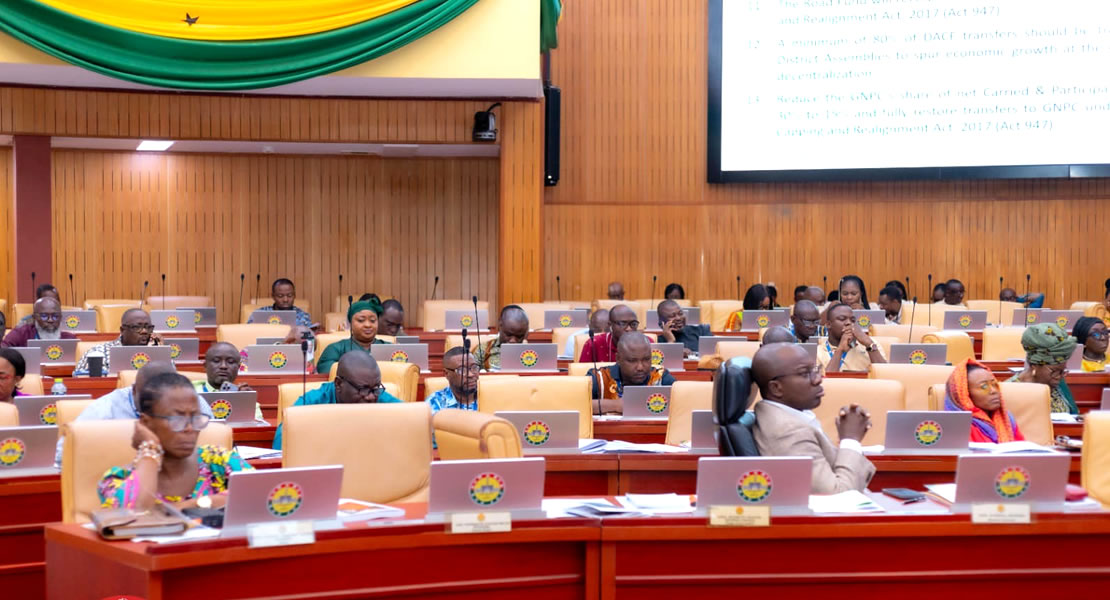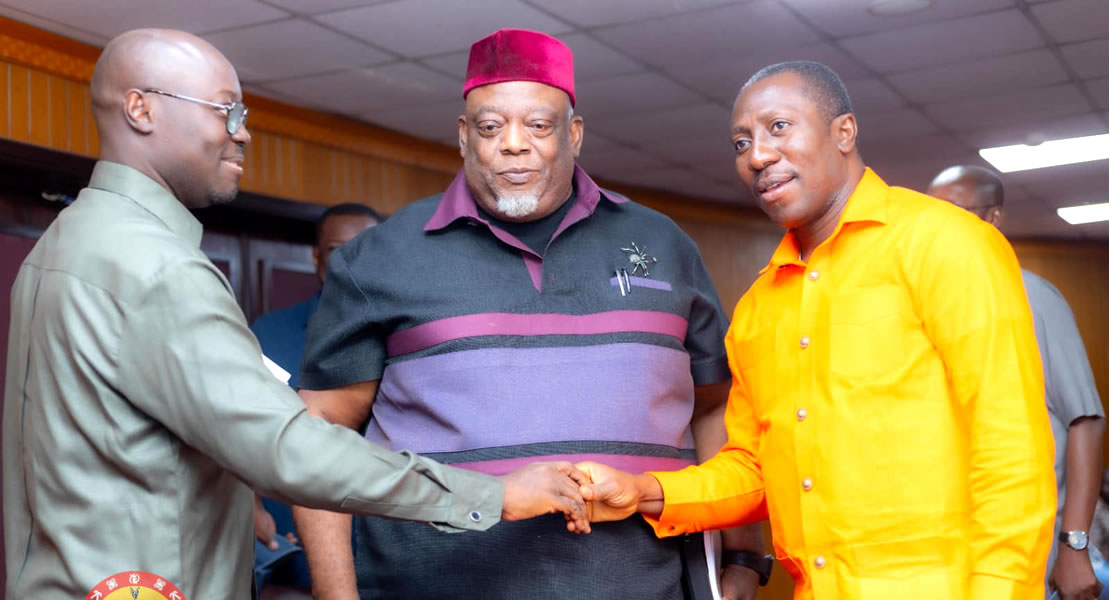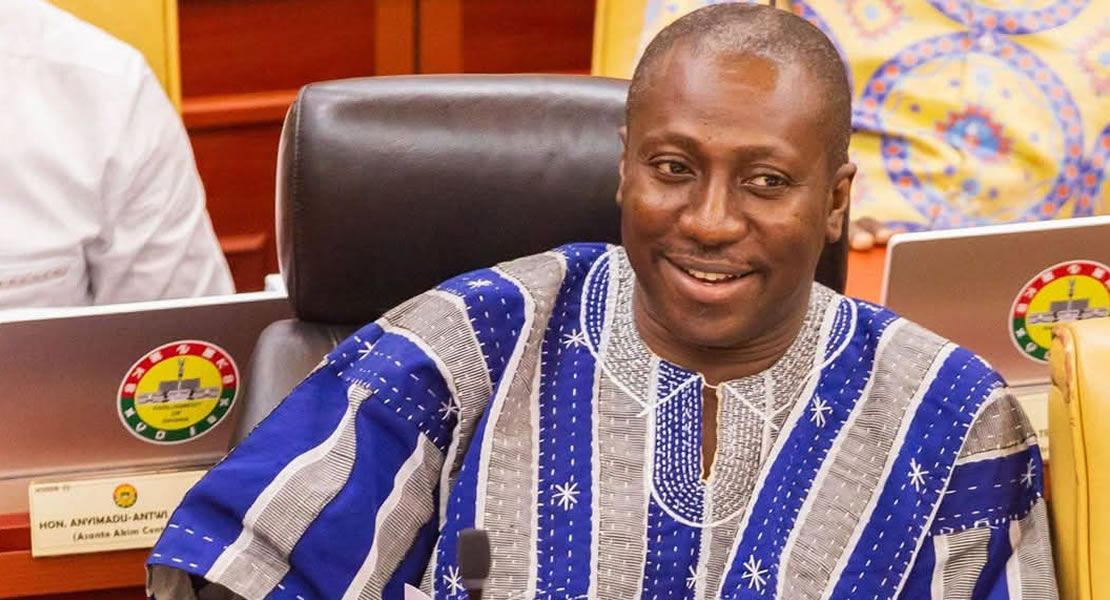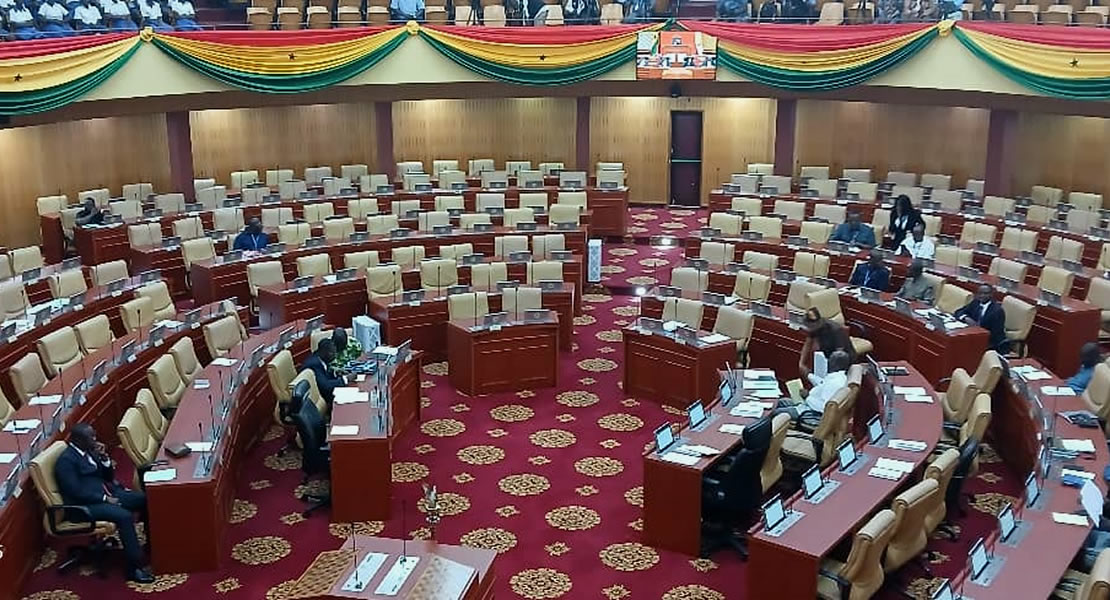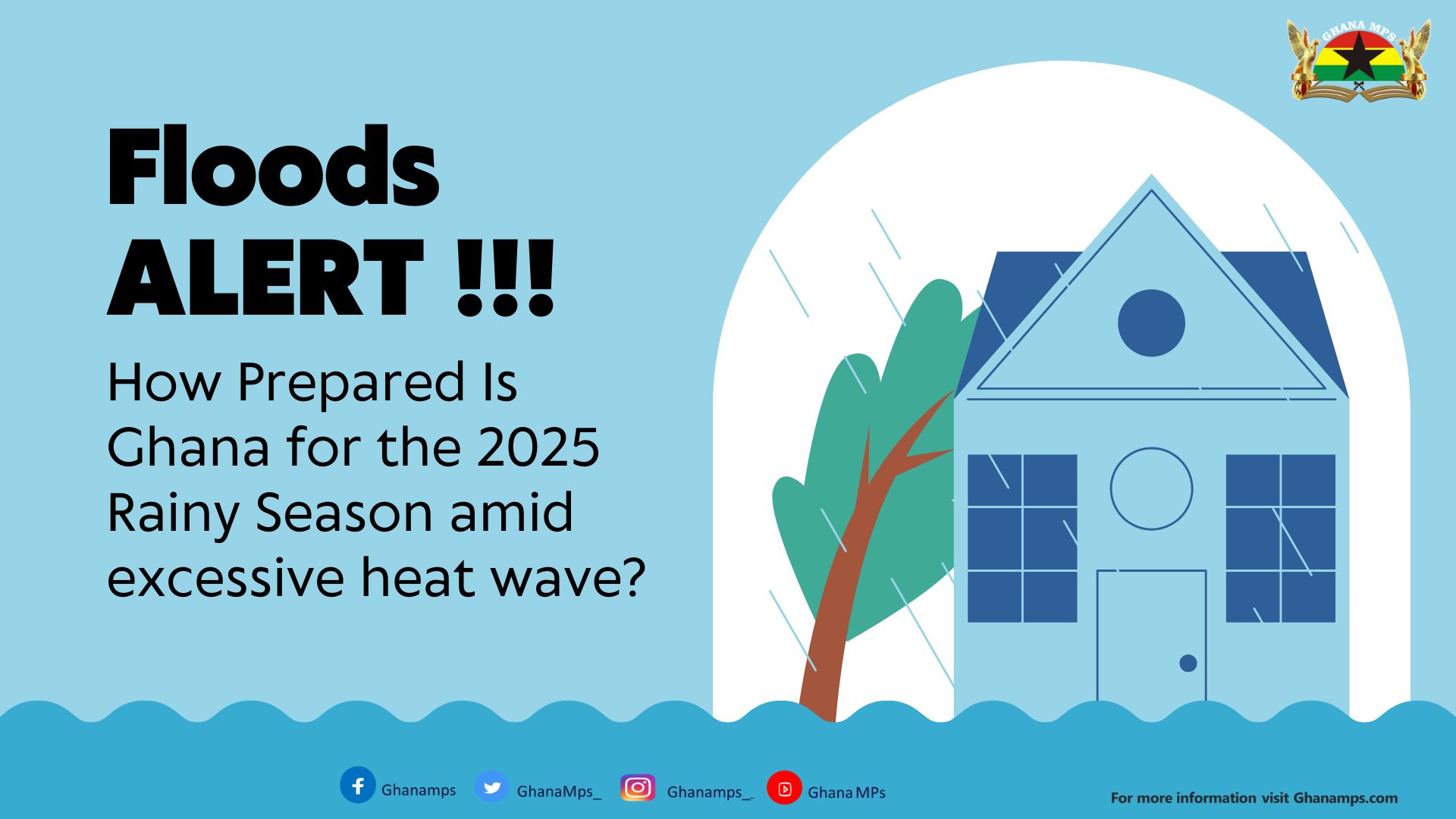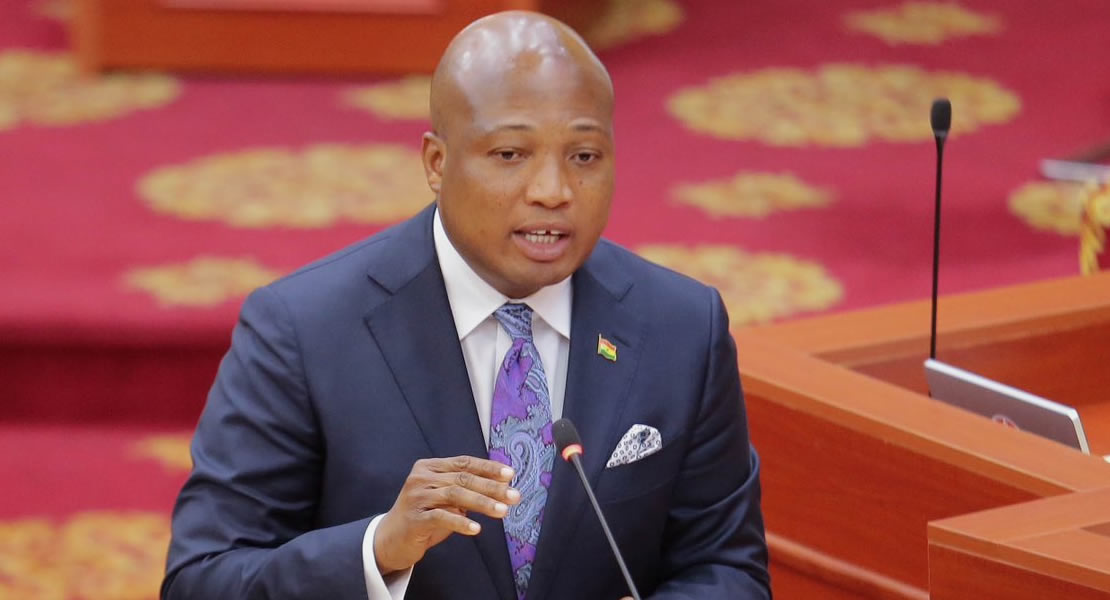Ghana’s Minister for Foreign Affairs Samuel Okudzeto Ablakwa said the Country is dedicated to re-building trust and prevent further division within the West African sub-regional bloc.
According to him President John Dramani Mahama’s diplomatic outreach to the Alliance for Sahel States (AES) and his engagement with key leaders in Burkina Faso Niger and Mali reflect Ghana’s dedication to forest dialogue, re-building trust, and preventing further division within the sub-region.
Ghana, he said would therefore continue to champion dialogue on economic cooperation and security collaboration among all West Africa nations in the sub-region as the future should be built on partnership and not division, cooperation not conflict. Ghana would therefore work closely with our brothers and sisters in AES to rebuild trust, restore good neighborliness, and re-affirm our commitment to a stronger united West Africa.
Again, Ghana stands ready to serve as a “bridge of reconciliation and cooperation given Ghana’s diplomatic influence, it is well positioned to support renewed dialogue and encourage collaboration between ECOWAS and AES nations”.
As a nation committed to Pan Africanism, good neighborliness, regional integration and multilateralism, Ghana would continue to champion constructive engagement, economic cooperation and security collaboration to ensure stable a prosperous future for all West African nations.
The Minister made this known when the Member of Parliament for Suhum Frank Asiedu Bekoe wanted to know how Ghana intends to reconcile AES with ECOWAS taking into cognizance the foreign policy of Ghana on Pan Africanism, good neighborliness, non-alignment and multilateralism.
Mr Okudzeto further told the House Ghana is one of the pioneers of united Africa and its people form a cardinal part of our foreign policy and founding members of Economic Community of West African States (ECOWAS) that is why this year the Heads of States have decided that the bloc as part of its fifty (50) year’s celebrations should start here in Accra next month to herald the celebration; and we should note that article 40 of the 1992 Constitution enjoys us that in pursuit of our international relations, we should promote and protect that national interest of Ghana, and that is the principle that guides our foreign policy.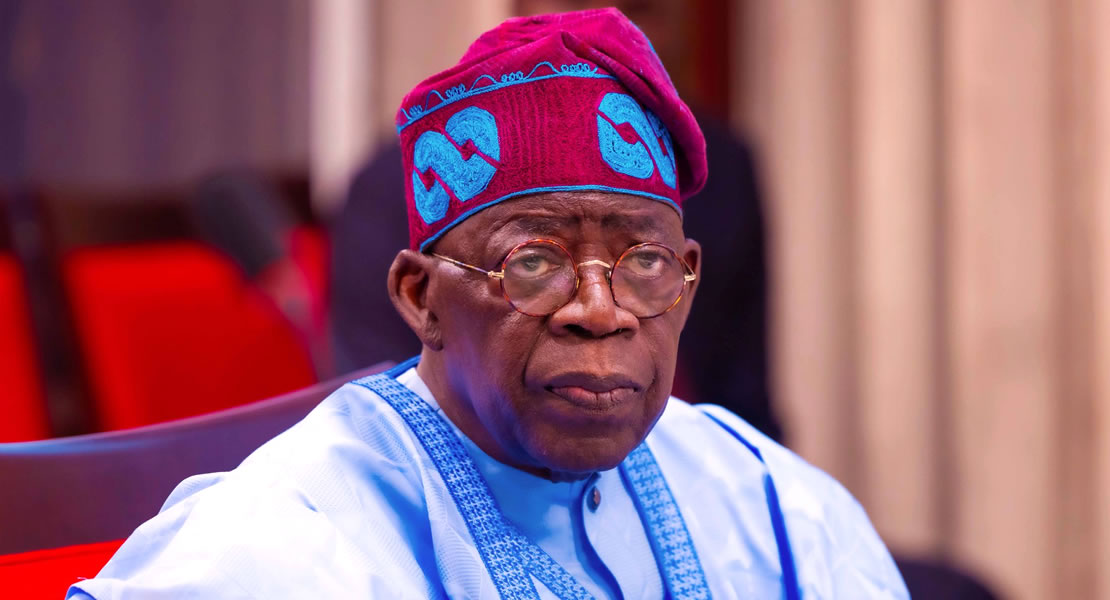
The evolving relation between ECOWAS and the newly formed Alliance for Sahel States, AES is a matter of great significance to the sub-region and Ghana remains committed to the ideas of regional unity, peace, security and economic cooperation, he added.
Additionally, Ghana recognizes the need for diplomatic engagement to bridge the current divide to prevent further fragmentation within West Africa despite the AES formal withdraw from ECOWAS which was finalized at the end of January 2025.
“Free movement of people goods and services remain intact as confirmed by ECOWAS and AES member states. Trade under ECOWAS, the trade liberatlisation scheme continues and AES passports remain recognized. Additionally, ECOWAS funded development projects in AES countries would not be disrupted ensuring economic and infrastructure support.
Security cooperation remains a shared priority, particularly in the fight against terrorisms, violent extremism, and money laundering; the inter-governmental action group against money laundering in West Africa of which Ghana is a member would maintain its collaboration with AES countries.
As AES counties have already applied for six month extension to formalize their membership processes, ECOWAS has also granted AES six month grace period until July 2025 to reconsider their decision to leave.
The ECOWAS Commissioner for peace and security urging them to explore the possibility of re-joining as a bloc, diplomatic engagement between AES and ECOWAs are also ongoing to facilitate cooperation and potential re-integration, he announced.
“You may recall that Ghana’s foreign policy has been guided by Pan Africanism, good neighborliness, non-alignment and multilateralism. These values continue to shape the countries approach as to work to restore trust, foster reconciliation and promote a common vision for regional development and stability.
Ghana’s role as a bridge in regional unity, we remain fully committed to peace security and economic prosperity in West Africa”, Mr Okudzeto said.
Kwaku Sakyi-Danso/Ghanamps.com
